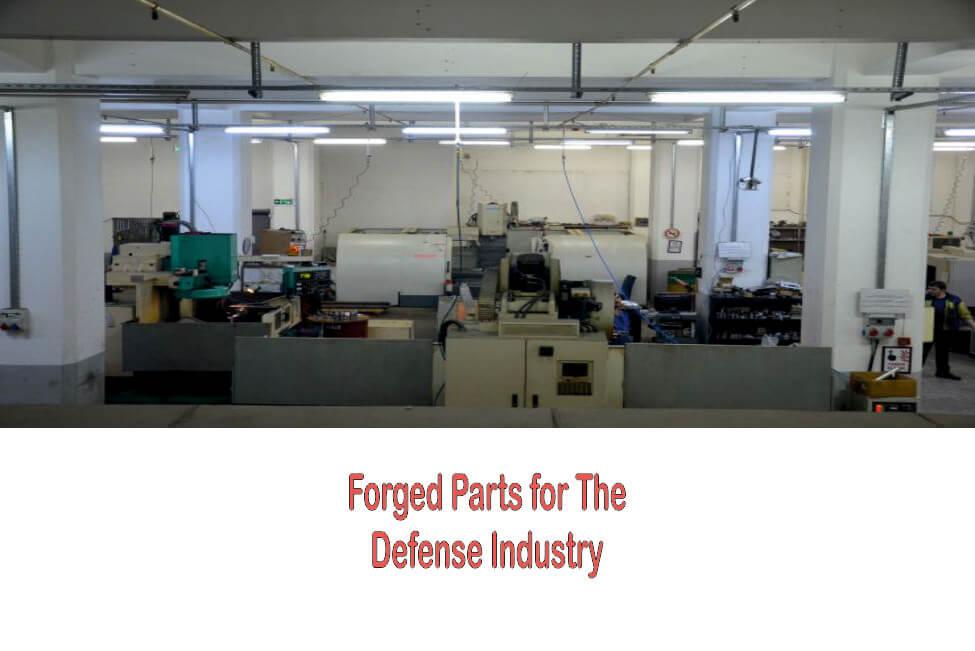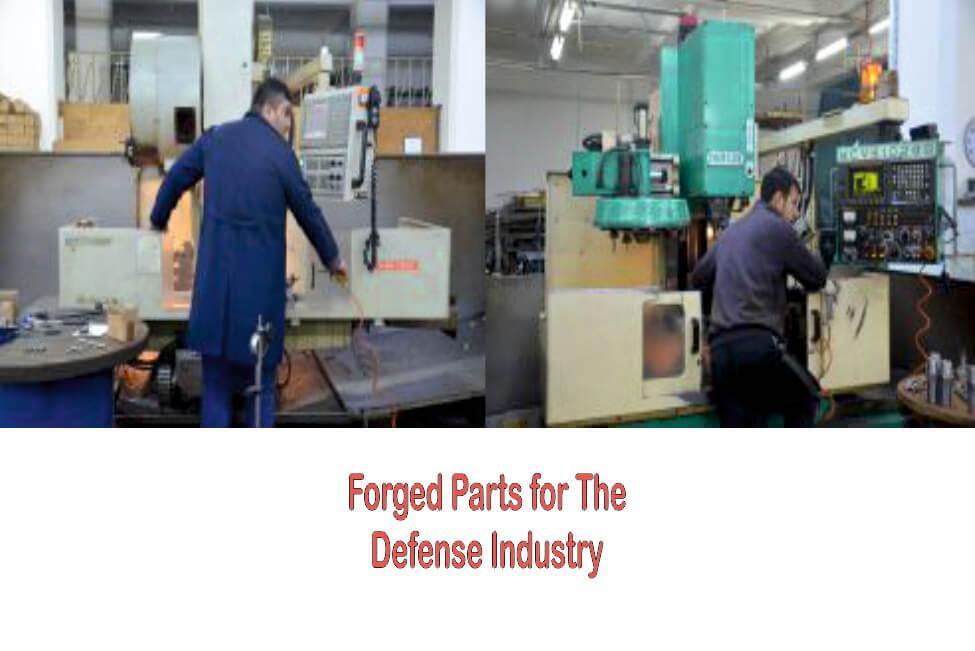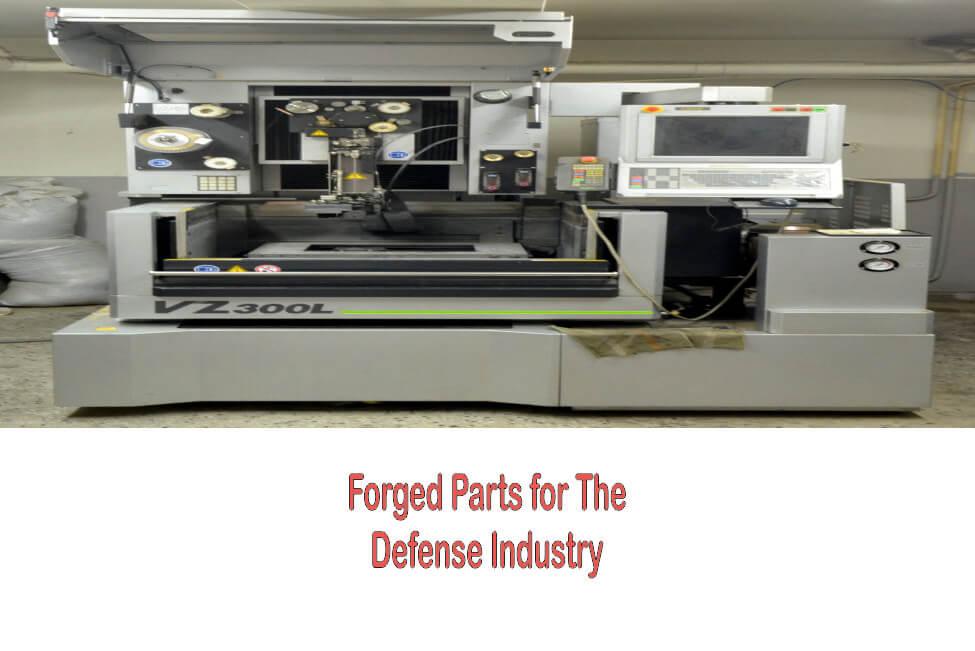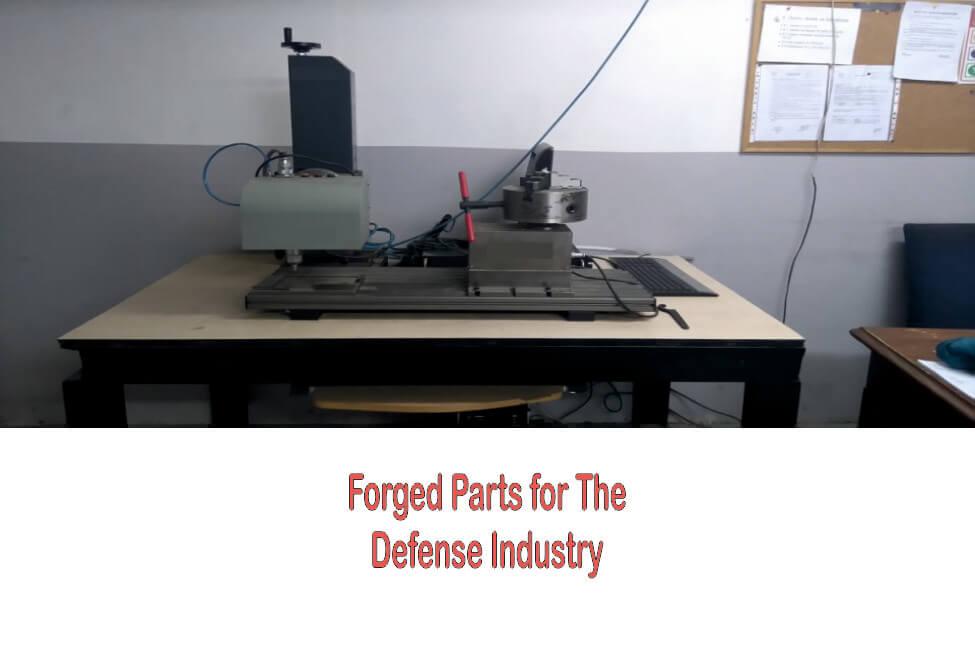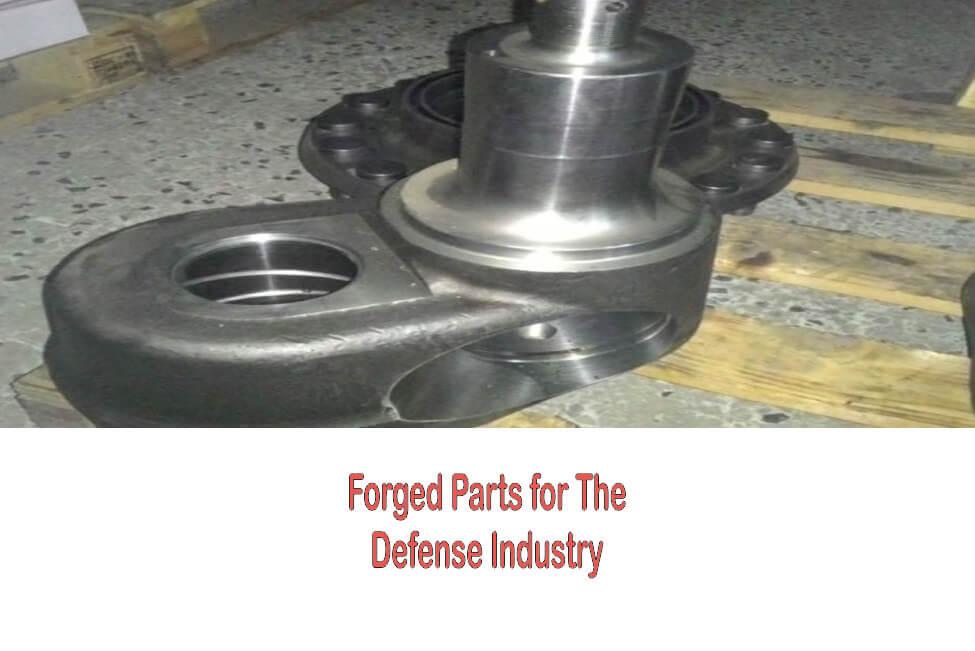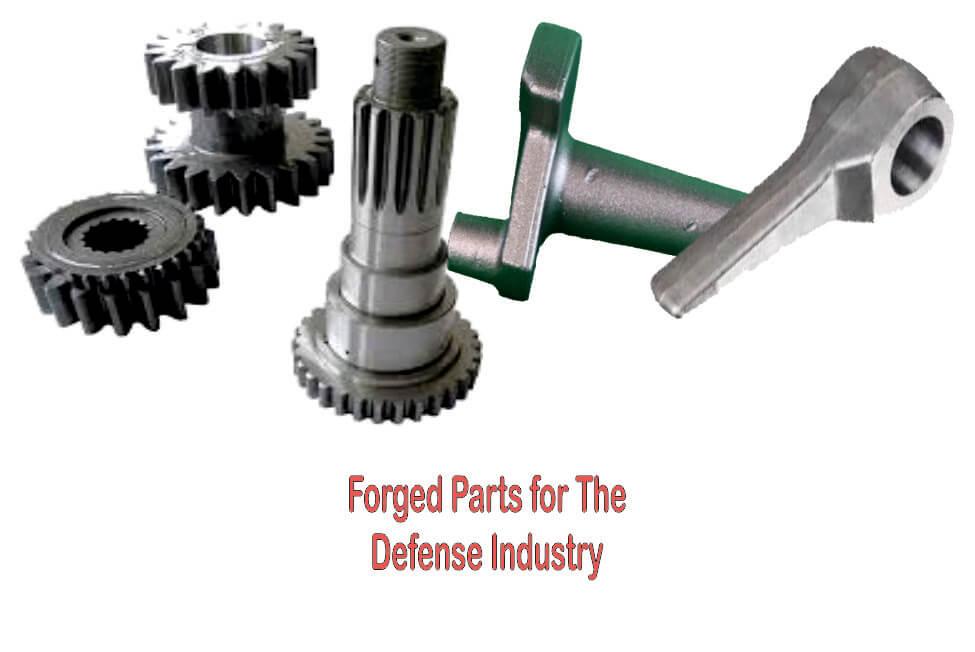Steel Forged Components & Assemblies
Military & Defense Forging
Aluminum Forged Parts for Defense Industry
Steel Forged Components For Defence Industry
When you need to procure unique shapes or achieve difficult mechanical properties to satisfy a government contract, our team can help envision new ways to forge unconventional geometries (which may have previously been considered impossible).
BCS Work with a partner who will continuously demonstrate the commitment to surpassing your needs. As an extension of your team, we provide a dedicated account team that has the knowledge and experience of our forge development team and metallurgists. We provide high-strength metal components for defense applications while meeting the most stringent requirements.
Manufactures the parts in facility, using high precision CNC equipment’s.
- CNC lathes,
- CNC vertical Machining centers
- CNC Wire cutting machines
- Universal Lathes
- Universal fraize
Manufactures the holders for cutting tools, fixing tools and fixtures in facility, therefore the lead time of the production process does not depent from any other exterior sources.
BCS has a major partnership with an Aluminum Foundry who is specialized in sand and shell mold casting and heat treatment for large sized aluminum alloy parts.
The facility can cast up to 200 kgs weight and 2000 mm length or diameter parts and process heat treatment and ageing operations in facility. Casting parts are subject to chemical and physical inspection as well as Radiographic inspection in all levels according US or European Military and Civil application standards are performed.
Aluminum Casting Features Are As Follows:-
- QQ-A-601 and B26 (Sand Casting).
- B108 (Permanent Mold Casting).
- MIL-A-21180 and B686 (Cast Aluminum).
- Mil-C-6021 (replaced by MIL-STD-2175).
- MIL-STD-2175 (Inspection of Castings).
- ASTM E 155 (Reference Radiographic Levels).
- MIL-STD-453 (Inspection, Radiographic).
- MIL-STD-6866 (Inspection, Liquid Penetrant).
- MIL-I-45208 (Inspection System Requirements).
- MIL-STD-271 (Non-destructive Testing Requirements for Metals).
Forging
BCS can offer forge either steel alloy and aluminum alloy parts. Aluminum alloy forges are mostly alloy 2015, 2014, 2025 and 7700 series. We can forge parts up to 700mm DIA and over 75 KGS weight.
Aluminum alloy forged parts are all subject to Ultrasonic pre-inspection and radiographic inspection after forging and tempering operations. STEEL ALLOYS as well are forged up to over 100 kgs weight and 500mm size and subject to cracking controls according military standards.
Packing And Preservation
- Markings are performed as MIL-STD-130.
- BCS marks all parts with manufacturing batch number.
- Manufacturing date, cage code, part and NSN numbers are marked with laser marker or needle punching machine for heavier units.
Traceability
- Our parts are market as per MIL-STD 130 and MIL STD 129.
- We can also provide inspection and packing operations outside of country for DLA contracts.
- The parts and packing are marked with MIL-STD-129 RFID labels on demand and markings defines the NSN , Part N#, Part Name, Mfr Cage Code, Mil Strip Destination, Contract or order information and production date with serial or manufacturing batch number. Product identification and traceability is one of the most important criteria’s of our Quality Control Process.
Quality Control
- Our products are subject to severe quality control criteria’s.
- The quality management of the production starts with material purchase. Those are allways inspected and a certificate of conformance is requested for all intermediate components. Metallurgical information, chemical analysis and mechanical properties are controlled for Forgins and Castings materials. Those are subject to 100% cracking control and / or radiographic inspection before processing.
- Each manufactured component is systematically 100% controlled during the production by the operator and these operators are also cross controlled by a supervisor with a different measurement gage; measurements results are compared during production.
- Inspected parts are marked after assembly and bears an identification code stating the lieu, name of the production department and date of process.
- Records are kept at least two years in production department and over 5 years in the facility archives.

